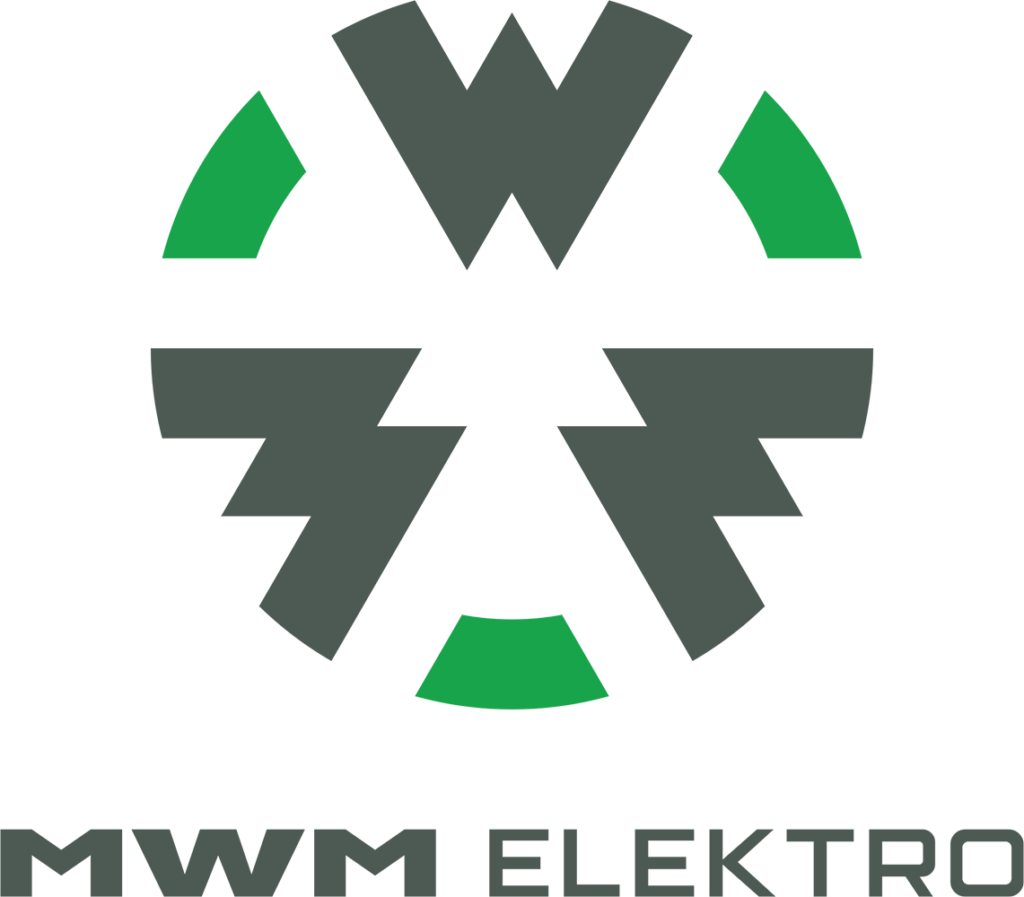We offer a full range of
Hoisting machines
hoisting machines
which can be classified according to a number of criteria, namely:
Depending on type of cooperation of the hoisting rope(s) with the drive unit of the hoisting machine:
- drum hoisting machines, equipped with winding drums, among which there are distinguished single- and double-drum machines, designed in several shapes and with different drum widths,
- Koepe (friction type) winders (the solution is based on the use of friction coupling between the rope(s) and the machine drum), among which there are distinguished single -rope and multi-rope machines, which can be arranged according to different possible layouts.
Completed projects:
Depending on location/the machine setting place:
- tower-mounted winders,
- shaft bank-mounted winders, installed inside the winder houses/free-standing buildings,
- underground winders, installed in specially adapted underground chambers,
- mobile machines (mounted on a self-propelled chassis) and transportable machines (mounted on trailers/semi-trailers towed by tractors or other external towing equipment),
- the machines of special making, e.g. of modular/container construction, enabling fast assembly and installation at the site location,
- special machines designed for application in special conditions, e.g. in an explosive atmosphere.
Catalogue chart – B-1500/Ex/AC-2m/s hoisting machine
Innovative solution for use in underground excavations in the methane and coal dust explosion hazard zones as well as in safe zones
Depending on type of transmission system:
- directly driven machines – clutchless machines (when the rotor of the motor is directly mounted on the main shaft of the machine ) or the machines equipped with clutch (when the torque is transmitted from the motor shaft to the machine shaft by means of clutches of different types),
- indirectly driven machines – wherein the torque is transmitted from the driving motor to the main shaft of the machine through a gearbox, whereby the gearboxes can be made in different configurations, with different gear ratios and outfit (bears arrangement, lubrication, setting, etc.),
- the machines with special drive.
Depending on type of driving motors:
- the machines driven by DC motors and AC motors, whereby different numbers, types, classes and parameters of the driving motors are applied,
- the machines driven by motors of special making, e.g. hydraulic motors.
Depending on the applied braking system:
- the machines with shoe brakes, mostly with pneumatic drive,
- the machines with disc brakes, hydraulically driven.
Depending on the manner of power supply and speed control:
- the machines powered by electromechanical transducers,
- the machines powered from converters,
- the machines powered from inverters,
- the machines powered from systems of individual design.
Depending on the intended use:
- the machines that make the driving unit of skip hoists, arranged in the following configurations: skip-skip, skip-counterweight or skip-cage in place of skips,
- the machines that make the driving unit of cage hoists, arranged in the following configurations: cage-cage, cage-counterweight or in other configurations,
- the machines that make the driving unit of shaft hoisting systems used for sinking and deepening of shafts, installation and replacement of the shaft furniture or for other shaft work,
- the machines that make the driving unit of the rope haulage systems operated in vertical and inclined excavations.
COMPLETED PROJECTS:
Ready-made technical solutions of hoisting machines:
- Mobile Hoisting Machine of B–1200/M/AC–2m/s type
- Container Type Winding Machine B-3000/AC-6m/s
- B-1500/Ex/AC-2m/s hoisting machine – Innovative solution for use in underground excavations in the methane and coal dust explosion hazard zones as well as in safe zones
- Winding machine B-4300/DC-8m/s

